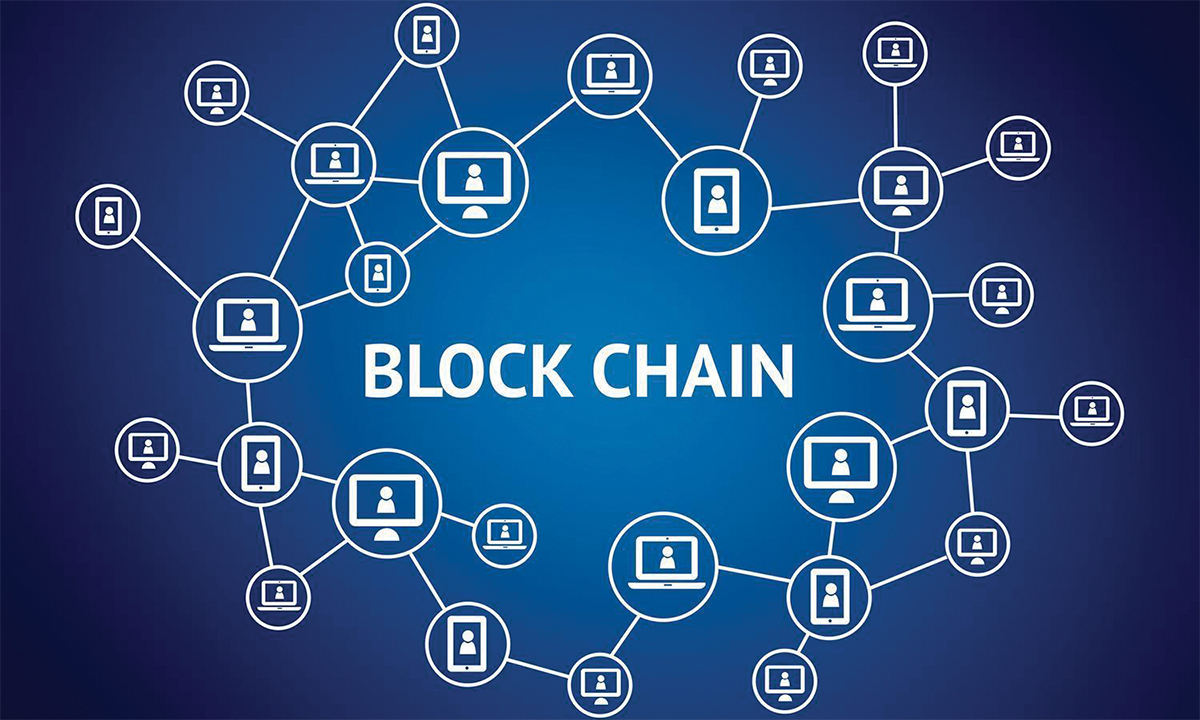Blockchain is a decentralized digital ledger technology that securely records transactions across multiple computers, ensuring that the data cannot be altered retroactively without the alteration being visible to all participants. This technology is most commonly associated with cryptocurrencies like Bitcoin, but its potential applications extend far beyond that.
Key Characteristics of Blockchain:
- Decentralization: Traditional databases are often centralized, meaning a single entity or organization controls them. In contrast, a blockchain is decentralized, with data stored across a distributed network of computers, called nodes. This makes it less vulnerable to hacking or manipulation.
- Immutability: Once a transaction or piece of data is added to the blockchain, it cannot be changed or deleted. This is achieved through cryptographic hashing, ensuring data integrity over time.
- Transparency: Every transaction recorded on the blockchain is visible to all participants in the network. This ensures accountability and reduces the risk of fraud or errors.
- Security: Blockchain uses cryptographic techniques to secure data, making it highly resistant to hacking. Each block in the chain contains a hash of the previous block, along with its own data and a timestamp. This structure makes tampering with the data difficult.
- Consensus Mechanisms: For new blocks to be added to the blockchain, participants must agree on the validity of transactions. Common consensus mechanisms include Proof of Work (PoW) and Proof of Stake (PoS).
Applications of Blockchain:
- Cryptocurrencies: Bitcoin, Ethereum, and other cryptocurrencies rely on blockchain technology for secure, decentralized financial transactions without intermediaries like banks.
- Supply Chain Management: Blockchain can track the origin and movement of goods in a supply chain. This helps ensure transparency, reduce fraud, and improve the efficiency of logistics.
- Smart Contracts: These are self-executing contracts with terms directly written into code. They automatically execute and enforce contract terms when conditions are met, removing the need for intermediaries.
- Healthcare: Blockchain can securely store medical records, making them accessible to authorized personnel only. This can improve patient privacy, reduce errors, and streamline healthcare processes.
- Voting Systems: Blockchain could be used for secure and transparent voting systems, ensuring that votes are accurately counted and that voter identities are protected.
- Digital Identity: Blockchain can provide individuals with a secure, immutable digital identity that could be used for everything from online authentication to accessing government services.
- Intellectual Property: Blockchain can be used to prove ownership of intellectual property (IP) such as patents, trademarks, and copyrights, ensuring creators receive proper recognition and compensation.
- Financial Services: Beyond cryptocurrencies, blockchain is being explored for applications like cross-border payments, remittances, and decentralized finance (DeFi) platforms that operate without traditional banks.
Challenges and Limitations:
- Scalability: As more transactions are added to the blockchain, the network can become slower and more expensive to operate. Solutions like sharding and layer 2 protocols are being developed to address scalability issues.
- Energy Consumption: Some blockchain networks, like Bitcoin, use Proof of Work (PoW) as a consensus mechanism, which requires significant energy. This has raised concerns about its environmental impact.
- Regulatory Concerns: Because blockchain can be used for decentralized applications, it has raised regulatory concerns around issues like fraud, money laundering, and tax evasion.
- Adoption and Integration: For blockchain to reach its full potential, widespread adoption across industries and integration into existing systems are necessary. This can be a slow and complex process.
Future of Blockchain:
Blockchain technology is still evolving, but its potential is vast. Many industries, including finance, healthcare, logistics, and even government, are exploring ways to use blockchain for greater transparency, security, and efficiency. The technology has the power to disrupt industries by reducing intermediaries, improving data security, and increasing trust between parties.
In the coming years, blockchain may become a foundational technology, shaping everything from online transactions to how we interact with data and digital identities.
